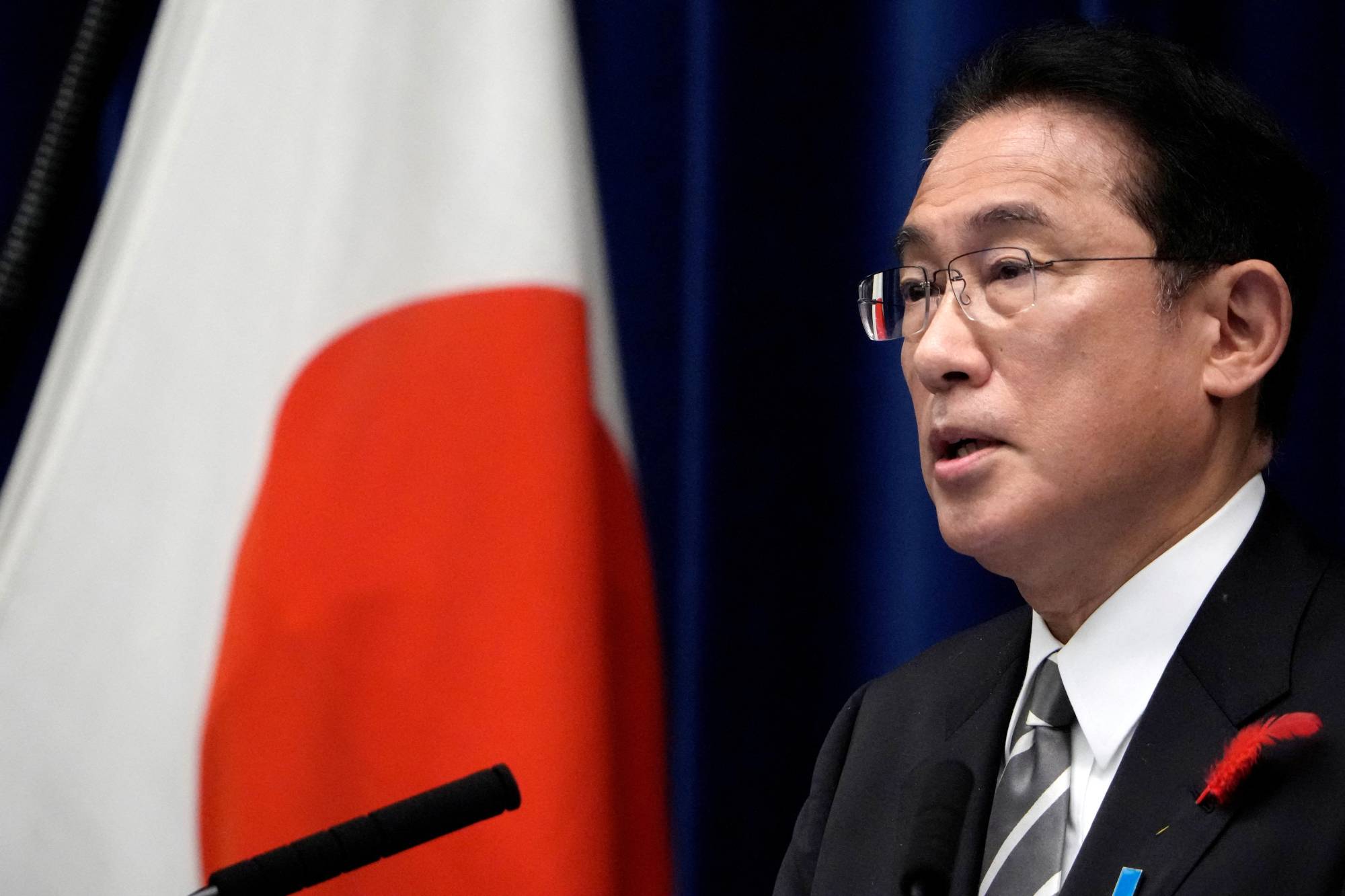Six months into his term and three months before the Upper House election, Prime Minister Fumio Kishida is seeing good polling numbers, with polls by JNN and Yomiuri over the weekend showing his Cabinet enjoyed a 59% approval rating. By contrast, his predecessor Yoshihide Suga had a 44% and 48% approval rate in the same two polls after his first six months.
Despite increasing cases of COVID-19 and rising food and gas prices due to Russia's invasion of Ukraine — which could dent his popularity in the weeks to come — the poll numbers mean that his rivals within the Liberal Democratic Party are on the defensive for the time being. Especially former Prime Minister Shinzo Abe.
Kishida and Abe have had a strained relationship since the LDP presidential election last September, when Abe initially backed Sanae Takaichi, a close ideological ally, over Kishida. She lost in the first round of voting, and Kishida became leader in a run-off election, putting him on course to become prime minister.

















With your current subscription plan you can comment on stories. However, before writing your first comment, please create a display name in the Profile section of your subscriber account page.